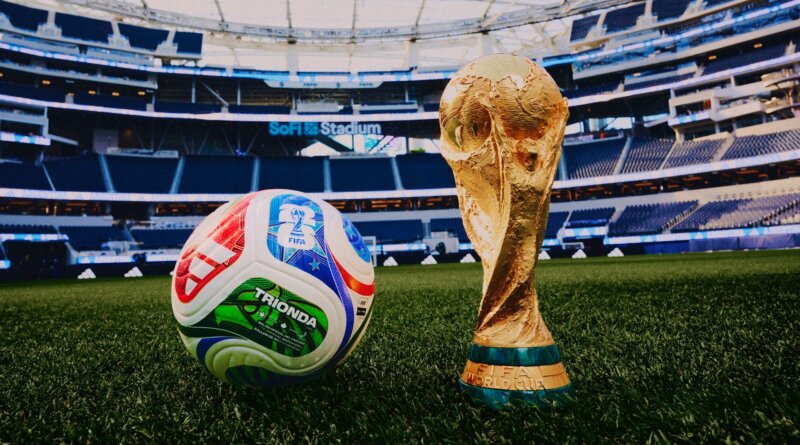FIFA World Cup Ticket Resale Platform to Charge 15% Fee Each Side
FIFA World Cup ticket resale platform is set to impose a 15 percent fee on both buyers and sellers for the 2026 tournament, sparking widespread debate and concern among football fans. As revealed by The Athletic, the official resale platform—launched recently with dynamic pricing—shows initial ticket prices soaring, while the hefty double-sided fees may significantly impact supporters hoping to secure seats at the world’s most prestigious football event.
15% Fee on Both Buyers and Sellers Raises Eyebrows
The FIFA World Cup ticket resale platform’s 15 percent charge on both buyers and sellers is unprecedented for such a high-profile sporting event. Under this system, if a ticket is re-sold, the seller will lose 15 percent of the sale price, while the buyer must pay an additional 15 percent fee on top of the listed price. For example, a ticket re-sold for $1,000 would result in the seller receiving only $850, and the buyer paying $1,150—a total of $300, or 30 percent, extra revenue for FIFA and its platform operators.
Dynamic Pricing Sends Ticket Costs Skyrocketing
Adding to concerns, the platform uses dynamic pricing, allowing ticket values to fluctuate based on demand. This has led to some premium seats being listed for tens of thousands of dollars—far above their original face value. Early listings indicate that fans aiming for the best seats may face steep costs, with little recourse due to the official nature of FIFA’s platform.
Comparison to Previous FIFA World Cups
Historically, resale platforms for major tournaments have charged far lower fees, and price caps have sometimes been enforced to protect fans from exorbitant markups. The 2026 FIFA World Cup’s approach marks a sharp departure, reflecting the growing commercialization of global football as well as FIFA’s intent to control and monetize every aspect of the ticketing process.
Reactions from Football Fans and Supporters
The announcement has triggered frustration and disappointment among supporters’ groups worldwide, many of whom already struggle with the high costs associated with attending such a monumental event. Critics argue that FIFA’s double-sided 15 percent fee structure, paired with unchecked dynamic pricing, could make the World Cup experience unaffordable for average fans—contradicting the tournament’s ethos of worldwide celebration and inclusion.
Potential Impact on Accessibility and Fan Experience
Analysts warn the combination of soaring initial prices and resale fees will likely limit access to matches for many loyal fans. While FIFA claims the platform will prevent fraud and ensure ticket authenticity, the cost burden may shift the fan base toward wealthier individuals, undermining the diverse, passionate crowds that define the World Cup’s unique energy.
FIFA’s Justification for the Fee Structure
FIFA has defended its policy by emphasizing the importance of a safe, secure, and transparent resale process. The organization states that the 15 percent fees will help cover operational costs, combat ticket scalping, and ensure legitimate transactions. However, with total fees reaching 30 percent per transaction, many fans remain unconvinced that this justification outweighs the negative impact on affordability.
Looking Ahead: What Can Fans Expect?
With ticket demand for the 2026 FIFA World Cup expected to break records—especially as the tournament expands to more teams and venues—many are closely watching how ticket pricing and accessibility will evolve. Supporters are urged to stay informed and review all costs carefully before purchasing, as the true price of attendance may be much higher than initially anticipated.
For more updates and the latest developments from the world of football, visit our homepage for more news.
Opinion: Fans Deserve Fairer Access to the FIFA World Cup
While ensuring ticket security and fighting fraud are valid concerns, FIFA’s decision to levy a 15 percent fee on both sides of the resale transaction, combined with dynamic pricing, risks pricing out the core supporters who bring the World Cup to life. Striking a better balance between commercial interests and fan accessibility should remain a priority as the football world prepares for 2026.
Your global gateway to nonstop football coverage:
News Goal
Share this content:
